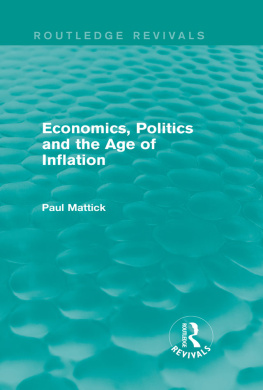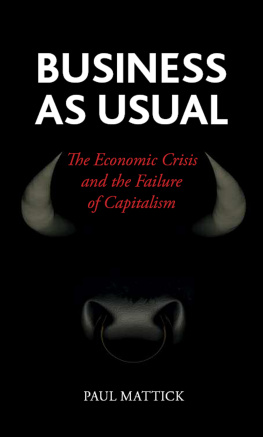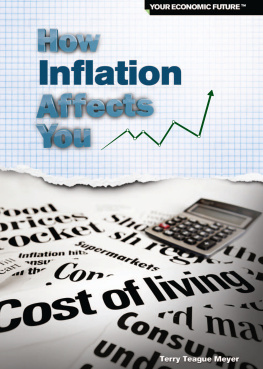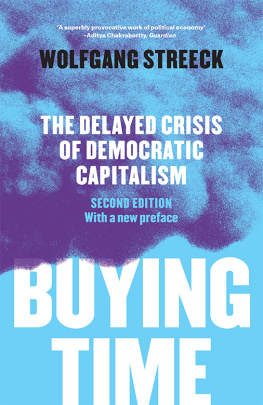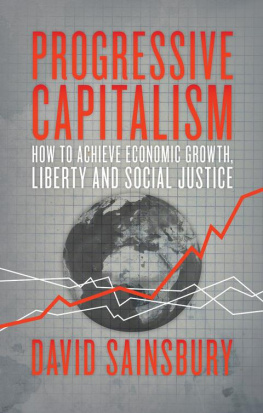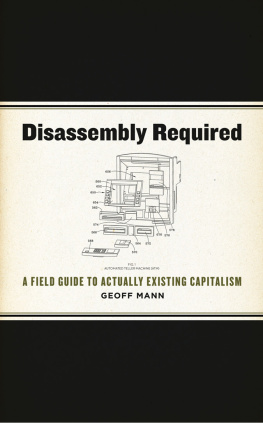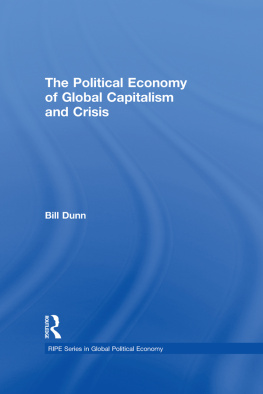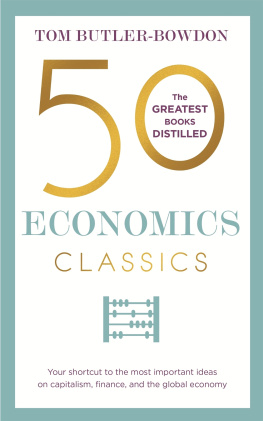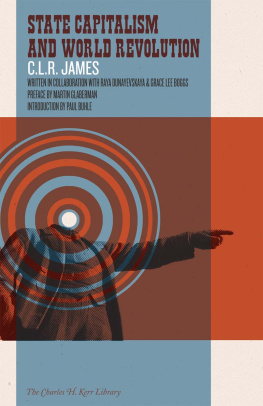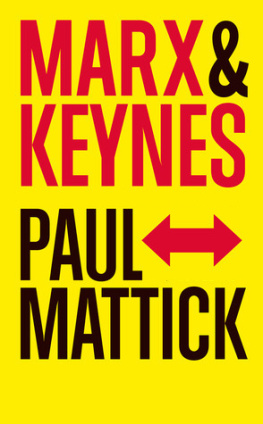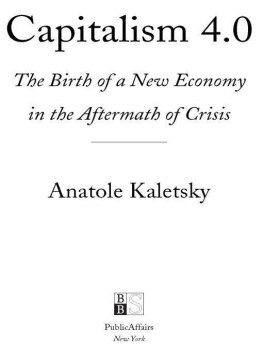Routledge Revivals
Economics, Politics and the Age of Inflation
Originally published in 1978, the essays in this text discuss issues surrounding inflation, governmental roles in economic matters and varying economic systems and theories with a particular lean towards discussing capitalism and evaluating how all of these factors affect the economic state of America. Mattick takes on the view that Economics is not an exact science and calls into question its predictive powers and as such, emphasises the issues that he felt needed most attention at the time of writing. This title will be of interest to students of economics and politics.
Economics, Politics and the Age of Inflation
Paul Mattick
First published in 1978
by M.E. Sharpe
This edition first published in 2016 by Routledge
2 Park Square, Milton Park, Abingdon, Oxon, OX14 4RN
and by Routledge
711 Third Avenue, New York, NY 10017
Routledge is an imprint of the Taylor & Francis Group, an informa business
1978 M.E. Sharpe
All rights reserved. No part of this book may be reprinted or reproduced or utilised in any form or by any electronic, mechanical, or other means, now known or hereafter invented, including photocopying and recording, or in any information storage or retrieval system, without permission in writing from the publishers.
Publisher's Note
The publisher has gone to great lengths to ensure the quality of this reprint but points out that some imperfections in the original copies may be apparent.
Disclaimer
The publisher has made every effort to trace copyright holders and welcomes correspondence from those they have been unable to contact.
A Library of Congress record exists under LC control number: 78068044
ISBN 13: 978-1-138-18878-5 (hbk)
ISBN 13: 978-1-315-64206-2 (ebk)
Economics, Politics, and The Age of Inflation
Paul Mattick
Economics, Politics, and The Age of Inflation
MERLIN PRESS
LONDON
Copyright 1978 .. Sharpe
First published by the Merlin Press Ltd 1980
3 Manchester Road, London E14
Printed by Whitstable Litho Ltd,
Whitstable, Kent
All rights reserved
ISBN 0 85036 258 x cloth
ISBN 0 85036 259 8 paper
Contents
Guide
Commenting on the proceedings of the 1977 convention of the American Economic Association, an editorial in The New York Times lamented the fact that "today's economists seem mere dabblers in the sweep of intellectual history. They may be richly rewarded by business for their stabs at forecasting and their analyses of government regulation or floating exchange rates. But where are the attacks on the biggest problem of our time: achieving growth without spiraling inflation? ... Most economists were dismal scientists when they arrived. Despite the drinks and the chats, they were unchanged when they left three days later."
The economists are in a dismal state precisely because they look upon their discipline as a science whereas it is actually no more than a sophisticated apology for the social and economic status quo. They evidently do not perceive the real nature of their profession and thus are deeply disturbed by the growing discrepancy between their theories and reality. Because the "economic weather" had favored them for such a long time, they may have really imagined that the mathematization of economics had turned their preoccupations with price and market relations into a positive science. As Thomas Balogh remarked in a paper delivered in 1975 at University College, London, "there were as many equations as there were unknowns, and these it was claimed could capture reality and enable objective and positive advice to be given to political leaders. Inequality would be diminished and individuals protected against exceptional hardship. Economics would, moreover, produce testable theses, and enable the production of 'policy menus,' which would provide us with a solid basis for scientific decision-making and quantified 'trade-offs,' i.e., in plain English, 'choices.' The consumption function, the accelerator, Okun's 'law' of the relation of income to employment, the Phillips curve linking wages to unemployment, linear programming, etc. now all shown up for the nonsense that they were - would at last have raised the economist to the level of physicist. How long ago this all seems now."
Economics is no longer seen as an exact science. As an "inexact" one its predictive powers are highly questionable, thus disqualifying the "stabs at forecasting" that were to justify its existence. Predictions are "probability statements" that commit the forecaster to nothing at all. His guess is as good as any other, for no one knows how the dice will fall. Economics is back at its starting point - submission to Adam Smith's "invisible hand" without the consoling illusion of its beneficiary results. However, the dilemma of economics is still not traced to the economic system itself but to the incompleteness of the science of economics, which has not as yet found ways and means to make the demonstrably unworkable economy workable.
The current, more direct concern of economics is the combination of economic stagnation with inflation, which destroyed both Keynesian theory and the neo-Keynesian synthesis that had passed as the standard theory of economics. It is to this aspect of the matter that the following collection of articles devotes itself, taking the point of view of critical political economy.
Although these articles must speak for themselves, it should be pointed out that they were written for different occasions and that they address different audiences. It was thus inevitable that they repeat some basic statements without which each item would in itself be less comprehensible. But this necessity may prove an asset rather than an annoyance, since it shows up the interconnections between the phenomenal world of capitalism and its underlying social production relations.
With the exception of one, all the articles relate to the main issues of today, namely, the role of government, or the state, in economic affairs with reference to both the so-called mixed economies and the state-capitalist systems. The exception deals with the Great Depression of 1929 and the New Deal, which initiated the era of large-scale governmental intervention in the economy of the United States.
P.M.
Economics,
Politics,
and
The Age
of Inflation
1
The Crisis of the Mixed Economy
To understand the present economic situation and where it is going, one must take a look into the events of the recent past. Developments since the end of World War II have taken place entirely within a new kind of capitalism calling itself a "mixed economy." This implies state economic interventions that differ from the interventionist policies of the past century in extent but not so much in the means applied.
State interventions under a mixed economy find their reasons as well as their limits in the conditions of existence and accumulation of private capital. Quite apart from the instruments of power that the state uses to secure social stability on the domestic front and to support national interests in international competition, it has always exercised economic functions as well, e.g., as a means of obtaining revenue (customs policies and state monopolies over certain branches of industry, etc.) or of creating the general conditions of production the burden for which private capital either did not or could not assume itself (e.g., construction of roads, harbors, railroads, posts, and so on, i..e., what in the economic jargon is called infrastructure).

